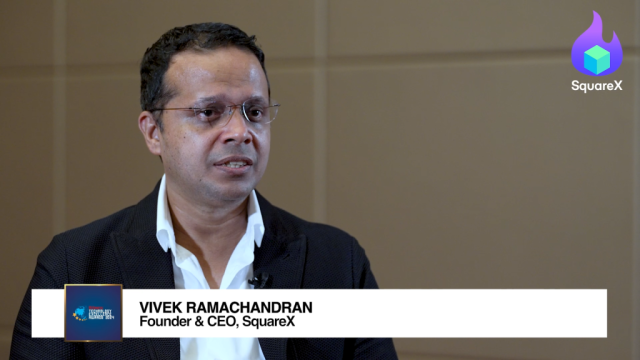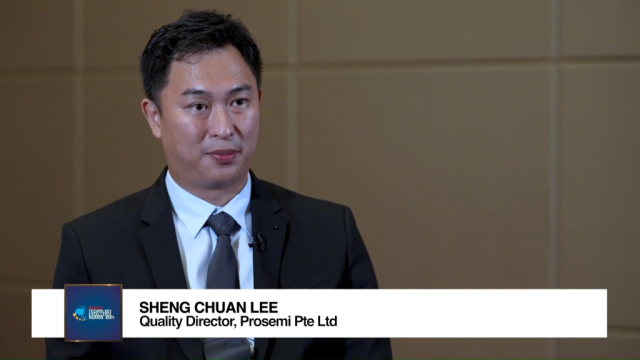How Singapore firms can reap big-time gains from flexi jobs
By Mark DixonIt's well understood that flexible working can be good for employees and good for the bottom line.
In global research by Regus, 72% of senior business people said flexible working practices such as choice over working locations and hours lead to increased productivity.[1]
Over six in ten (63%) said it makes employees more motivated and energised. It has a lower environmental impact and facilitates good work-life balance.
Being flexible over working locations and hours also boosts staff retention. In another global study of professionals, almost two-thirds (64%) cited flexible work arrangements as the reason for staying in their current job.[2]
There's a thin line, however, between flexible working and comfortable working. Whilst the former is win-win for businesses and staff, the latter benefits employees more than employers.
'Comfortable' sounds harmless enough, but other labels for it could be 'coasting' or 'complacency'. It can lead to:
· failure to innovate or anticipate technology shifts
· loss of competitive edge
· flatlining or falling productivity
· health & safety and IT security complacency and, possibly, breaches.
Unlike flexible working, comfortable working doesn't lead to greater revenue generation or profitability.
Don't let work-life balance tip over into coasting
According to the latest Regus Work:life Balance Index, Singapore scores highly on work-life balance - better than the global average and better than in 2012. Four-fifths of managers/business owners in Singapore enjoy work more than they did in 2012.
But, crucially, this is not because they're doing less - 82% say they achieve more than they did a year ago. So how can other employers follow their example, and offer flexibility without letting staff go into autopilot?
1. Measure performance by output. Be sure staff understand that hours at the desk are not necessarily the same as performing well. Managing by output also encourages flexible and remote workers to work productively.
2. Use annual reviews and objectives to set targets that are attainable but stretching. As well as rewarding staff who reach them, introduce procedures and accountability for workers who do not.
3. Ask staff members themselves how to incentivise productivity. Some staff prefer financial incentives, others might prefer perks such as extra leave.
4. Encourage responsibility and avoid micro-managing. The former promotes innovation and continuous improvement; the latter impedes it.
5. Accept that innovation can lead to mistakes. Creative thinking may involve taking some calculated risks, and this is not possible in a culture of fear.
As the late Steve Jobs said: "Sometimes when you innovate, you make mistakes. It is best to admit them quickly, and get on with improving your other innovations." The most productive work cultures focus on iteration, rather than fault-finding.
6. Staff should never be too busy or too senior for training and CPD. Some managers also advocate cross-training - for example, occasional job switching. Gaining insights into other areas of the business improves collaboration and encourages cross-fertilisation of ideas.
7. Don't let job titles and descriptions hold people back. For example, someone with the title of 'Account manager' or 'Production manager' may not think they have any role in business development. Encourage a culture where everyone thinks they should promote the business.
8. Consider a change of scene. Changing the office layout, energising the decor, hotdesking - these can all encourage people to collaborate and team-build with new people or work in new ways.
Letting people change their work locations also helps them to escape a rut. Allowing people to work at business centres closer to home, or use different locations for different activities, can boost productivity.
My company's network of 13 different business centres across Singapore and over 1500 globally, offers people huge flexibility to cut commuting, find fresh ways to do their job, and work the way that suits them.
With a mix of local and international companies, the Regus centres in Singapore also offer opportunities for networking.
9. Recruit staff who'll bring energy, as well as skills and experience. When Google hires, it looks for something it calls 'Googleyness', which includes a 'bias to action'.
And to quote Steve Jobs again: "When I hire someone really senior, competence is the ante. They have to be really smart. But the real issue for me is, Are they going to fall in love with Apple? Because if they fall in love with Apple, everything else will take care of itself. They'll want to do what's best for Apple, not what's best for them, what's best for Steve, or anybody else."
10. Lead by example. If you opt for comfortable working, your staff will follow. This doesn't mean working 24/7, but it does mean having a visible commitment to doing better.

























 Advertise
Advertise









